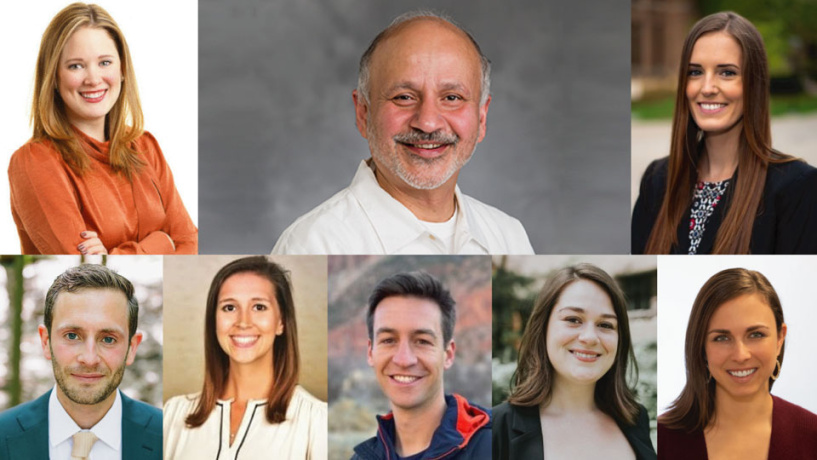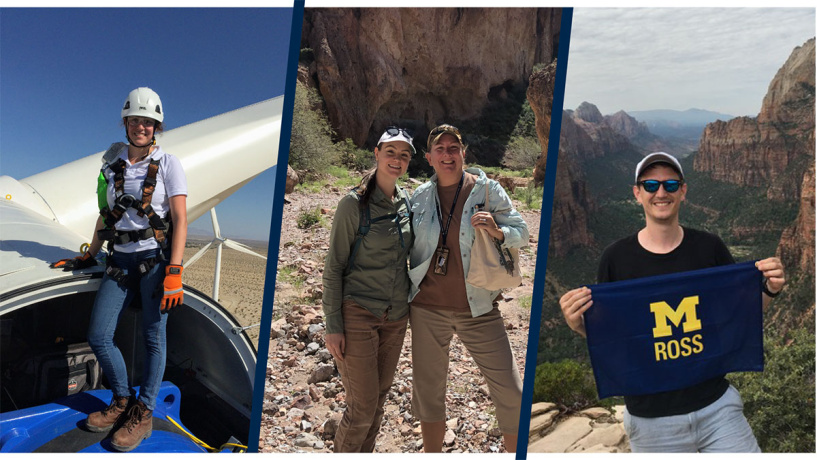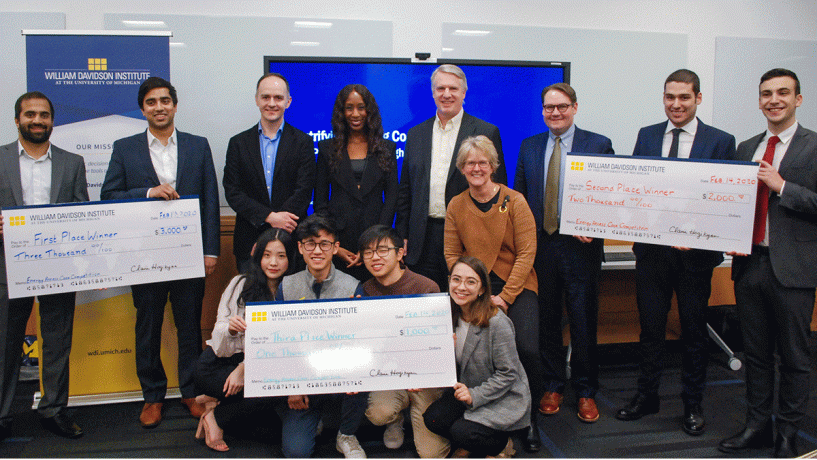Making a Positive Impact: Students Engaged in Sustainability Efforts at Michigan Ross
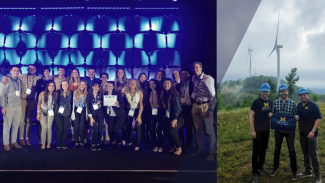
From work in the classroom and action-based learning experiences to student club activities and dual-degree programs, students at the Ross School of Business are focused on making the school, community, and world more sustainable across many different dimensions.
To find out more about what students are doing in this space, Dividend reached out to the Michigan Ross leaders of two sustainability-focused student organizations - the Net Impact Undergraduate Chapter at U-M and the Energy Club at Ross for graduate students. Here is what those students said their organizations are up to, along with other sustainability-related projects they are engaged in at Michigan Ross and beyond.
Net Impact
Student leaders: Claire Haase, BBA ’22, and Sara Sotirov, BBA ’22
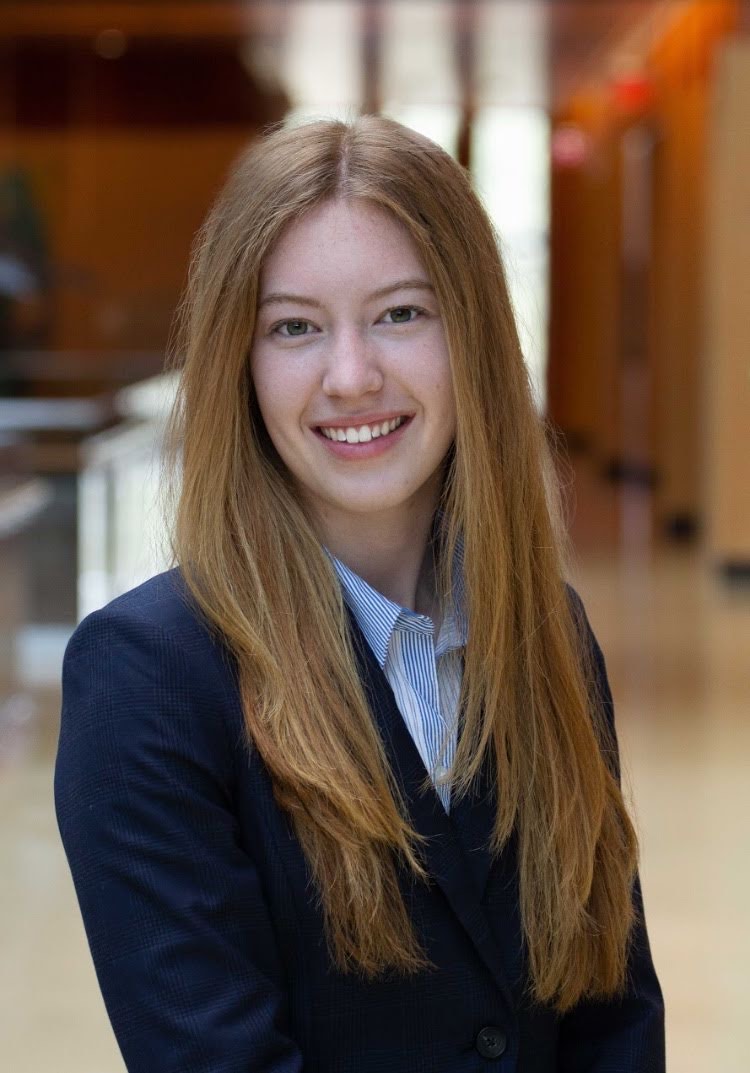
What is Net Impact?
The Net Impact Undergraduate Chapter at U-M is a community of students from all majors, minors, and interests dedicated to creating positive social and environmental change in the workplace and the world. We pursue this through educating our members about different topics and current events at the intersection of business, sustainability, and social impact; working on projects that have an impact on our community; and building a community that supports each other's passions and career goals.
What projects are you working on this year?
Net Impact projects aim to impact stakeholders both internal and external to the U-M community. Some of the current projects that Net Impact members are working on are consulting with entrepreneurs in Detroit (Dot’s Market), research support for a hydroponics software company in New York, assisting in outreach for green energy programming to Ann Arbor small businesses with DTE Energy, and hosting panel discussions about sustainable apparel in partnership with Voiz Reviews.
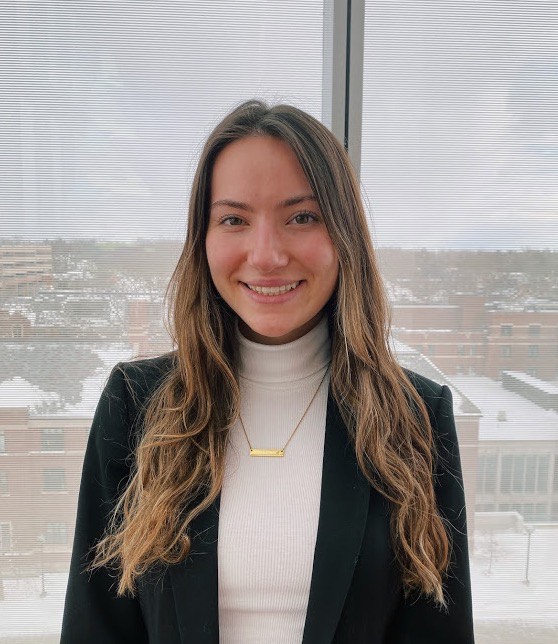
What events does Net Impact organize or do members attend?
For the past two years, Net Impact has hosted a panel discussion with members of the U-M President’s Commission for Carbon Neutrality. This panel covered progress that the commission has made in researching its recommendations for President Mark Schlissel to best determine U-M’s carbon neutrality goals, as well as the more recent efforts to integrate diversity, equity, and inclusion concerns around campus carbon neutrality.
Last year we hosted our first Social Impact Symposium, focused on economic development and resource accessibility in underserved communities. Our panelists were Charlene Franke, BBA ’19, senior operations analyst at Washington Area Community Investment Fund, and 2018-19 co-president of U-M Net Impact Undergrad; and Chantarella De Blois, VP of impact investing at Total Impact Capital.
In addition, Net Impact is involved in planning the Green Career Fair on campus, and during COVID-permissive years will attend the Net Impact National Conference and plan a Career Trek for our members. At the most recent Net Impact National Conference in Detroit in 2019, our chapter won Undergraduate Chapter of the Year.
How are you engaged in sustainability outside of Net Impact?
We are both members of the inaugural cohort of the Erb Undergraduate Fellows Program and co-founders of the Michigan Impact Investing Symposium club. We have also taken sustainability-related courses such as STRAT 400 (Base of the Pyramid).
Claire is a minor in sustainability, and is taking the Senior Thesis Seminar on Sustainability in BBA Education at Michigan Ross. Sara is a minor in community action and social change, and launched an ESG desk in Victors Value Investments, an investment club at Ross.
Energy Club at Ross
Student leaders: Julia Kehoe, MBA/MS ’22, and Jason Smullen, MBA/MS ’23
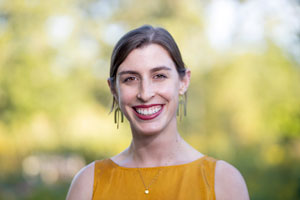
What is the Energy Club at Ross?
The Energy Club at Ross is a collective of more than 100 interdisciplinary students from Michigan Ross and other graduate schools across the university. Our mission is to provide our members with education and employment opportunities in the energy industry that enable our members to become leaders of the energy transition.
What projects are you working on this year?
Much of our efforts this year have focused on expanding the Climate Tech Venture Fellowship program and our consulting projects. In part, our aspiration to expand these is a result of our membership growth, increased membership interest in action-based learning in the context of energy, and corporate sponsor interest in these programs. We’re particularly focused on creating conditions that allow members to build skills that will make them exceptional business leaders in the face of climate change and energy transition.
Beyond some of these special projects, we continue to focus on our commitment to DEI within the club and in context of the greater energy transition. We have four DEI positions on our board this year and we are moving to develop internal structures and processes to ensure that these values are instilled at every level of the club, and we intend to expand our commitment beyond our own organization’s walls and into how we engage with speakers and corporate sponsors.
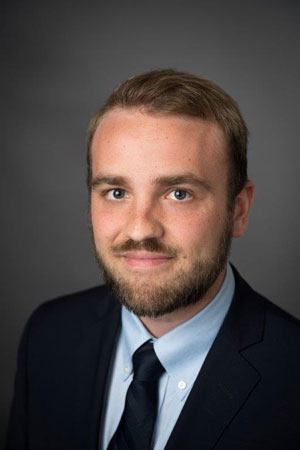
What events does Energy Club organize or do members attend?
We have an amazing team of peers on our board who organize educational, professional, and social events for our members to learn and network with each other and with leading energy companies.
One of our major events each year is Energy Week, which includes a conference of four or five panels and a keynote; our Renewable Energy Case Competition; and opportunities to network with sponsoring energy companies. We’re particularly excited to continue developing future leaders for the energy transition toward an equitable and decarbonized economy, and this passion manifests itself in the topic we’re covering this year. So far, we have panels on Michigan’s campus carbon neutrality efforts, decarbonization beyond the grid in hard to abate sectors, financing energy access in developing countries, and building community resilience in the energy transition. Our case competition this year focuses on 24/7 renewable energy supply, which you may have seen in the news recently with Google and AES.
Beyond Energy Week, our community sets up roundtables with current students and alumni for career development; “Lunch and Learn” style opportunities to engage with corporate partners and energy transition thought leaders; and general social events in which we seek to connect our greater community within U-M and around us.
How are you engaged in sustainability outside of Energy Club?
The two of us are both dual-degree students in the Erb Institute, so besides being MBAs at Ross, we are also students at the School for Environment and Sustainability. We’ve participated in energy- and climate-related case competitions and consulting projects, and we have both had relevant internships as well - Julia in climate policy and corporate sustainability, and Jason in a climate-tech mobility startup.





